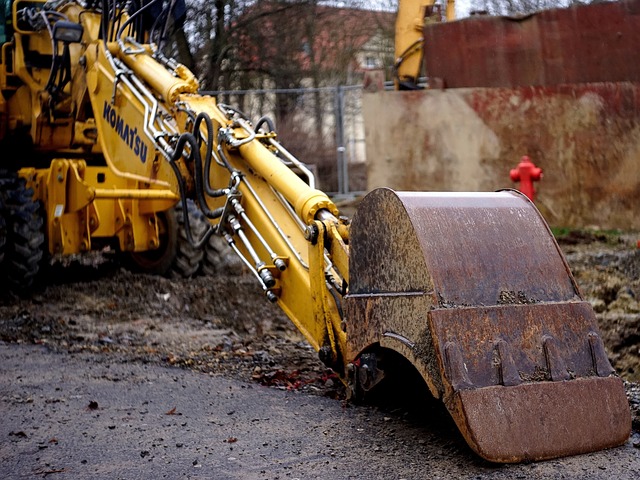What is Heavy civil construction
Heavy civil construction refers to large-scale infrastructure projects involving significant earthwork, structural elements, and complex engineering processes. These projects typically involve the construction of highways, bridges, dams, airports, railways, tunnels, and other large infrastructure systems. Heavy civil construction requires specialized expertise, equipment, and materials to handle the unique challenges posed by these projects.
Here are some key aspects of heavy civil construction in Civil Engineering:

Earthwork and Excavation in Heavy civil construction : Heavy civil projects often require extensive earthwork and excavation to prepare the site for construction. This may involve clearing the land, excavating soil and rock, grading the terrain, and creating foundations or embankments.
Structural Elements in Heavy civil construction : Heavy civil construction involves the construction of large and durable structures. This may include building bridges, tunnels, dams, retaining walls, and other reinforced concrete or steel structures that can withstand significant loads and environmental forces.
Geotechnical Engineering in Heavy civil construction : Heavy civil projects often require a deep understanding of soil mechanics and geotechnical engineering principles. This knowledge is crucial for analyzing soil conditions, designing foundations, slope stabilization, and implementing effective drainage systems.
Transportation Infrastructure in Heavy civil construction : Heavy civil construction frequently involves the development and improvement of transportation infrastructure. This includes the construction of highways, expressways, interchanges, and transportation hubs to enhance connectivity and mobility.
Utility Systems in Heavy civil construction : Heavy civil projects may involve the installation and integration of utility systems, such as water supply networks, sewage systems, stormwater management, and electrical distribution systems. These systems are essential for supporting the functionality and sustainability of the infrastructure.
Project Management in Heavy civil construction : Due to the complexity and scale of heavy civil projects, effective project management is crucial. This involves planning, scheduling, coordinating resources, managing stakeholders, and ensuring compliance with safety and environmental regulations.
Equipment and Technology in Heavy civil construction : Heavy civil construction requires specialized equipment, such as excavators, bulldozers, cranes, concrete pumps, and compaction machinery. Additionally, advanced technologies like GPS, surveying tools, and building information modeling (BIM) are often employed to optimize efficiency and accuracy.
Safety and Quality Control in Heavy civil construction : Heavy civil construction projects prioritize safety as they involve heavy machinery, large-scale operations, and potential hazards. Strict safety protocols and quality control measures are implemented to ensure the well-being of workers and the integrity of the constructed infrastructure.
Construction site safety rules and regulations in India
It’s important to note that Heavy civil construction in Civil Engineering projects can vary significantly in size, complexity, and duration. They require collaboration among engineers, contractors, architects, suppliers, and government agencies to successfully plan, execute, and deliver the projects within the specified budget and timeline.
Leave a Reply